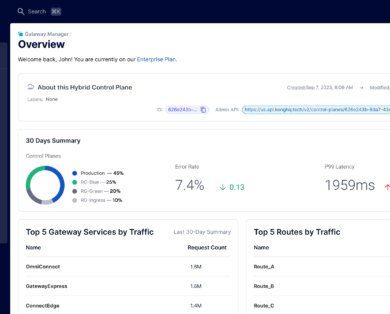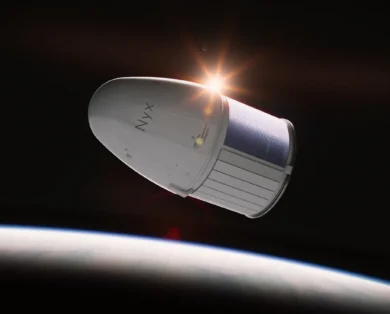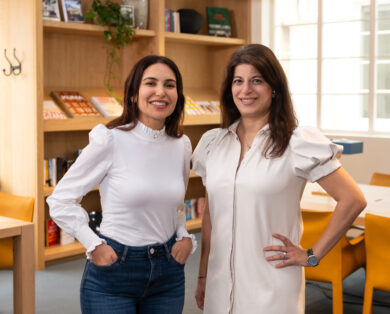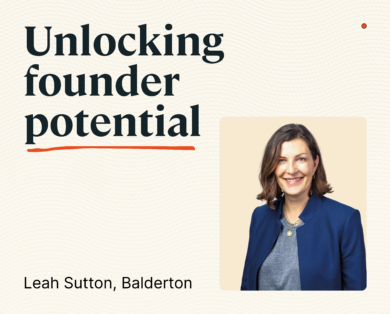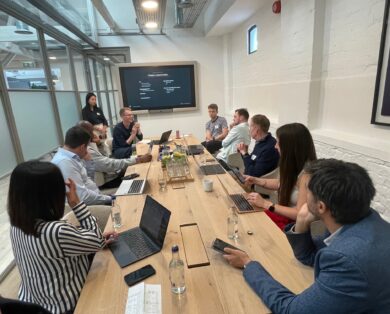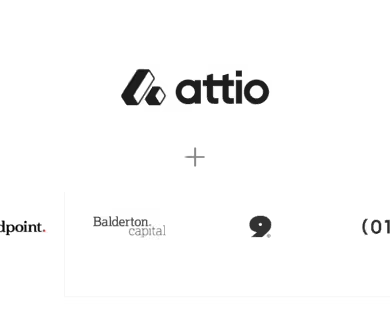
Balderton Angel Summit – The Year Ahead: Promise and Peril
OCT 12, 2020


Share
This September, we were delighted to host a tight knit virtual discussion among top angel investors on the outlook for European technology and the global economy.
The European angel community has evolved almost beyond recognition over the last decade. Not only has total early-stage firepower increased by an order of magnitude but the angel community is increasingly populated by new generations of European tech entrepreneurs and operators recycling their gains into the broader ecosystem with a multitude of angel investing strategies and models. European founders can fine-tune their investor base from inception to an unprecedented extent, in turn driving better outcomes at every stage as well as a virtuous funding cycle – the lifeblood of a self-sustaining startup ecosystem.Against this longer-term backdrop of positivity and momentum, COVID and broader global macro dynamics have made it a challenging environment for all parties involved, to say the least. But this turbulence has also created a unique opportunity for technological disruption and adoption at an unprecedented pace.The pandemic has galvanised governments, business and consumers into action simultaneously, reframing the art of the possible for solving a range of issues often deemed intractable and too knotty for early tech investors due to major coordination failures between key stakeholders. As such we have rightfully seen a renewed focus from the early investor community in Europe and abroad on putting patient capital to work towards our most urgent collective problems, from healthcare to education, mobility to climate change.
What then do the next 12 months of European angel investing look like and how should you navigate the coming year as either an angel investor or early founder?
We brought together Europe’s top angel investors to address these topics, sharing their best practices and outlooks at our inaugural Angel Summit, aptly titled: “The Year Ahead: Promise and Peril”.Lionel Barber, who stepped down as Editor of the Financial Times in January, after a 34-year career at the publication, joined us as our keynote speaker to give us his insights on the global macro outlook. This was followed in short order by our super angel speakers, including:
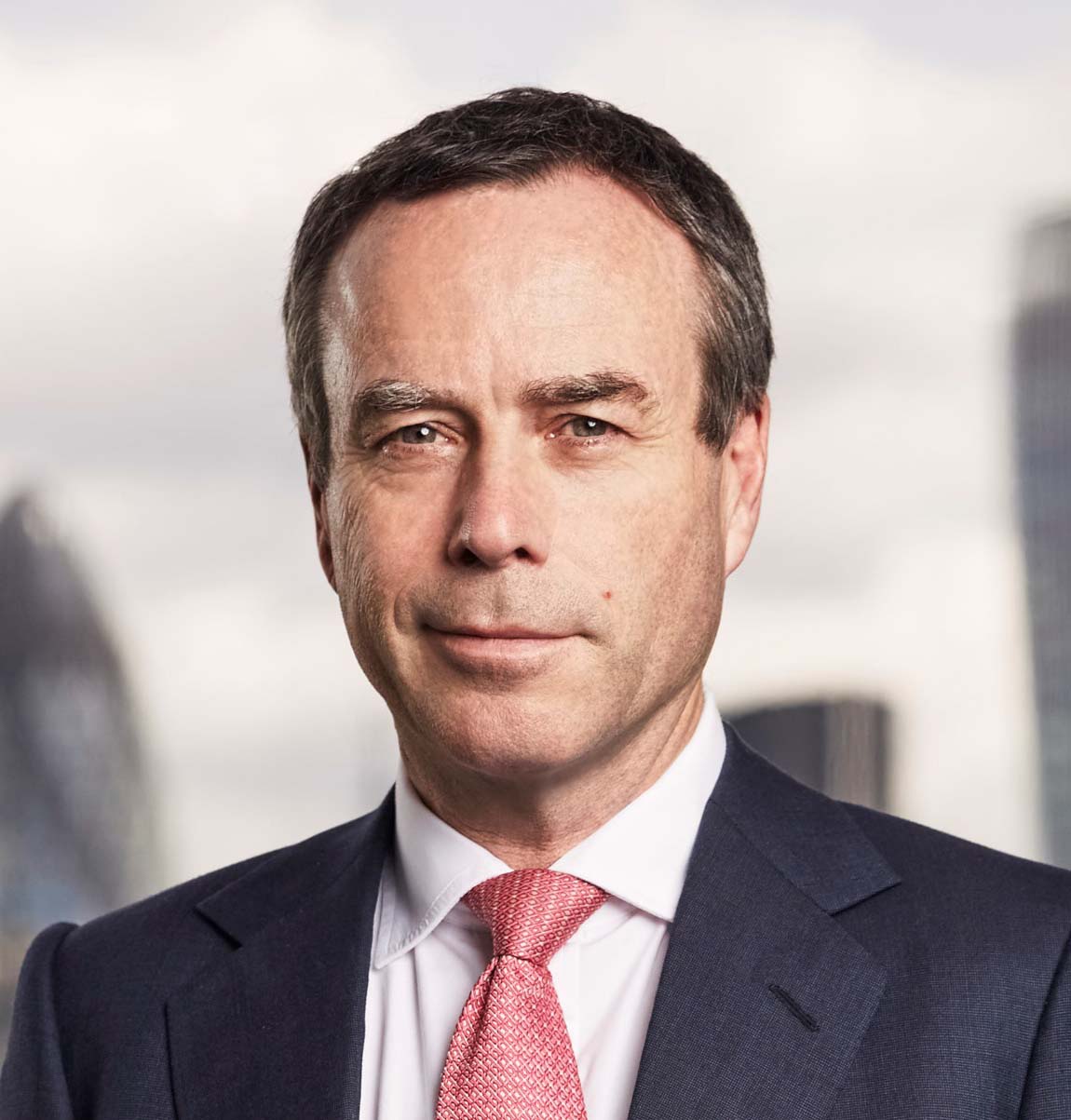
Lionel Barber, our keynote speaker
- Taavet Hinrikus, co-founder of Transferwise and active angel investor (Bolt, Zego, Cleo, Pipedrive and more)
- Jane Walerud, serial entrepreneur and active angel investor (Bluetail, Klarna, Teclo Networks, Graphmatech, Volumental, Ekkono and more)
- Jose Marin, co-founder of DeRemate.com, IG Expansion and Serendipity Investments and co-CEO of FJLabs. Jose is a serial entrepreneur and active angel investor (Alibaba, Betterment, Uber, Airbnb, Brightroll, Delivery Hero, LendingHome and more)
- Khaled Helioui, former CEO at Bigpoint and active angel investor (Deliveroo, Onfido, OpenClassrooms, Uber and more)
This is what we heard:
1/ Top European angel investment has been relatively resilient
One of the key issues with assessing the overall size of angel capital is the significant survivorship bias in the numbers, i.e much of the capital invested is “invisible” as few pre-seed and seed investments last long enough to raise additional capital. But our panellists all confirmed that while they had reallocated time towards portfolio support where required, they continued to invest at their usual cadence.
2/ History has the proof points: the best teams and businesses are often forged in crisis
Key early investors recognise the current environment has created an unprecedented opportunity for the best teams to differentiate themselves on execution. There has likely never been such a clear opportunity for tech entrepreneurs to capitalise on IRL business disruption.
3/ The greatest returns will be made by mission-driven businesses
This has been a longer term secular trend but the message was loud and clear at the summit: angel investors believe the juggernauts of tomorrow have to incorporate sustainable goals and/or a social mission from the outset. Not only will this be critical to recruiting top talent generationally but they believe this is where the largest pain points and the bulk of returns will be in future. Many of them are exclusively looking to invest in teams addressing specific social pain points, from opportunity gap reduction to climate tech and systemic risk.
4/ Team first, product second, deal terms last
Early stage investing is primarily founder and team driven, none more so than angel investing which can often be pre-product. Conviction around a founder’s ambition, capacity to execute on their vision, attract top talent and scale is the single most important factor and necessary condition for investment.
5/ There is no standard model for angel investing, nor should there be
At one end of the spectrum, Jane Walerud adopts an incubator-like approach with her family investments: there are 3 investors, all of whom have to approve the investment while one person has to commit to spending the next 5 years supporting the team. In practice, that means they make 2-3 investments per annum, which one individual supports in all required capacity.At the other end of the spectrum, Jose Marin has 500 active investments managed by his fund FJ Labs, co-founded with Fabrice Grinda. Their strategy has been to go deep on marketplaces and in so doing, are able to provide a wealth of benchmarking data, providing key data insights, at every stage for the teams within their portfolio.Most active angel investors, including Taavet Hinrikus and Khaled Helioui, tend to fall somewhere along this depth vs breadth continuum, point being that the best European founders have an expanding number of top angel investors with models and strategies to choose from.
6/ Many European angels are in the investment accumulation stage…
We are still seeing the early stages of larger cohorts of European angel-backed companies maturing. As such, most European angel investors consider themselves to be in the accumulation phase and many do not yet take a systematic approach to recycling their invested capital. This may well change as angels portfolio matures and the global economy weathers what is likely to be a deep recession.
7/… but divestment options are a critical part of recycling funds and are still too hard to come by
However, where liquidity is required, there are some solutions, including Balderton’s Liquidity I fund, which buys shares directly off early shareholders, be they investors, founders or employees. But these strategies remain few and far between.
8/ Regulation continues to hamper angel investing across much of Europe
The angel ecosystem has come a long way in the last decade but regulation to support early business investment has been piecemeal at best. There is lots more to do here, namely to democratise access to angel investing for smaller club deals by extending tax relief and harmonising competing policy frameworks (e.g. business loans and SEIS / EIS in the UK).
9/ The outlook: more promise than peril
European angel investing has appeared to be remarkably resilient in 2020, continuing to feed the broader European tech ecosystem with unprecedented opportunities for the best entrepreneurs. Moreover, we are seeing real appetite from early-stage investors to be a force for responsible investment: if angel investors are top of the investment funnel, this can only bode well for the future of European technology.Thanks again to all of our speakers and to everyone who joined us.
READ MORE ARTICLES






